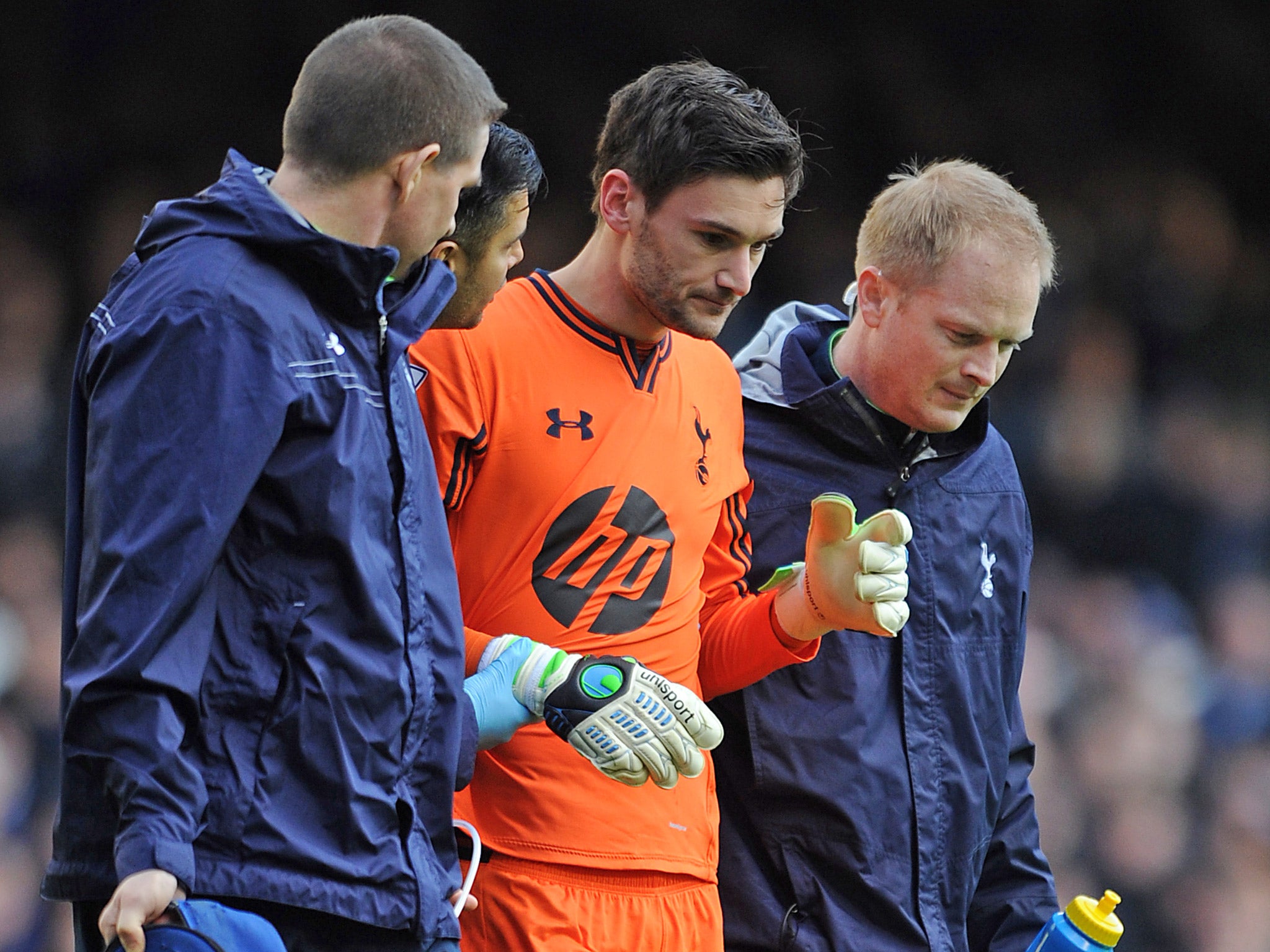Pitch-side breath test for concussions could halt tragedies on the pitch

Scientists are developing a pitch-side breathalyser that can show if a footballer or rugby player is suffering from concussion.
The aim is to detect chemicals in the breath shown to be associated with concussion after a blow, or series of blows, to the head.
The potentially serious condition is often missed and there is no practical objective way of testing for it.
A trial involving 40 students at the University of Birmingham could pave the way to making such a device available to professional and amateur clubs.
Concern is mounting over the health risk to athletes who suffer head knocks, especially children. Some experts have even called for a ban on headers in school football.
Scientists behind the breathalyser research said the Pitch-Side Concussion Assessment (PSCA) test being trialled by the International Rugby Board was potentially putting players at risk.
Professor Tony Belli, from the University of Birmingham, said: “Some players have said it’s easy to fudge that test. I’m concerned about the way it’s being used. If a player has concussion and you send that player back on the pitch, you are potentially putting that player’s health at risk.”
University colleague Dr Michael Grey pointed out that obvious symptoms of concussion often show up after a significant delay.
The breathalyser would provide a simple, cheap and robust method of testing.
Experiments have shown that tiny traces of certain chemicals associated with concussion can be detected in the blood, urine, and potentially even breath. In the trials researchers will look for correlations between levels of the molecules in blood and urine and rates of concussion among young athletes.
PA
Join our commenting forum
Join thought-provoking conversations, follow other Independent readers and see their replies
Comments
Bookmark popover
Removed from bookmarks